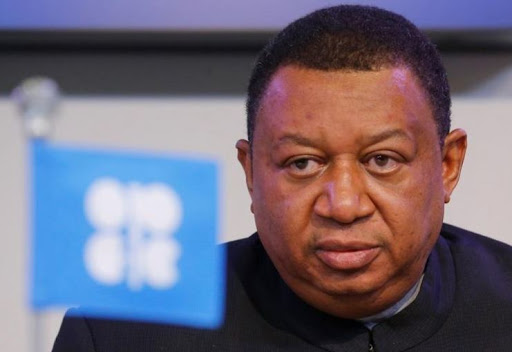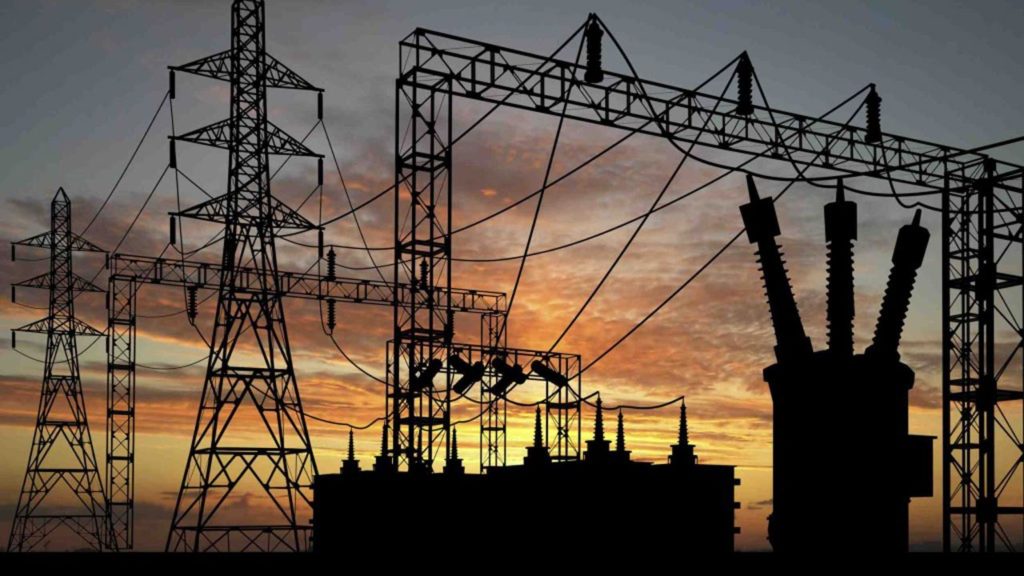
THE Organisation of Petroleum Exporting Countries, OPEC, yesterday, disclosed that Nigeria’s Petroleum Industry Bill, PIB, would go a long way to strengthening institutions, solidifying regulatory, and fiscal frameworks as well as attracting new investments to the nation.
In his virtual presentation at the ongoing Nigeria Oil Gas Conference, NOG, Abuja, monitored by iBrandTV, HE Mohammad Sanusi Barkindo, Secretary General, OPEC, said: “This long-awaited legislation for the oil and gas sector will help guide the necessary reforms designed to strengthen institutions, solidify regulatory and fiscal frameworks and attract much-need investment in a sustainable manner. The 9th National Assembly has engraved itself in gold in passing the Petroleum Industry Bill.
“This long-awaited legislation for the oil and gas sector will help guide the necessary reforms designed to strengthen institutions, solidify regulatory and fiscal frameworks and attract much-need investment in a sustainable manner. The 9th National Assembly has engraved itself in gold in passing the Petroleum Industry Bill.”
Barkindo, who believes that the PIB would impact indirectly on the global oil and gas industry, also noted the negative impact of the Coronavirus pandemic.
Specifically, he said: “This health crisis was and continues to be, first and foremost, a human tragedy with countless innocent lives being lost. But, it has also exacted major damage on the global economy and on oil demand, which dropped by a stunning 22 mb/d in April of 2020 at the height of the pandemic. The world economy contracted by 3.4 per cent year-over-year in 2020.
“Nigeria and its fellow OPEC Member Countries suffered massive economic losses, and its oil and gas industries were in dire straits. However, with the rapid and decisive response of the Declaration of Cooperation, DoC producers once again came to the rescue and delivered CPR to an industry on the verge of collapse.
“In the past weeks and months, we have seen a welcome shift in momentum as significant progress continues to be made on the rollout of global vaccination campaigns.
“More than 3.2 billion doses have now been administered globally, and millions more are being provided each day. Additionally, there are signs that the international community is ramping up its support to developing countries to help bolster their acquisition of life-saving vaccines. In this regard, the G7 recently announced combined pledges of 1 billion COVID-19 vaccine doses to be distributed around the world, of which at least half are expected to be delivered by the end of 2021.
“Our hope is that this support will continue to grow in the weeks and months to come. The world will only truly defeat this pandemic when both developing and developed countries have the ability to vaccinate their populations to reach herd immunity. This, in turn, will enable all countries to re-open their economies and bring their energy industries back up to full-speed.”
Despite the pandemic, he said: “The global economy has, for the most, part recovered and is expected to see growth of 5.5 per cent this year, and we forecast world oil demand to rise by 6.0 mb/d. Both the economy and oil demand are expected to see accelerated growth in the second half of this year.
“There is, however, a range of uncertainties that we are monitoring closely. These include an elevated risk of inflation due to massive financial stimulus programmes, uneven vaccine rollouts across the world, and the spreading COVID-19 Delta Variant, which is now even impacting countries with high vaccination rates.
“As you have surely read in the headlines over the past year, the unpredictability and volatility brought on by the pandemic have intensified discussions related to climate change and the energy transition.
“Countries around the world are feverishly attempting to adapt to the rapidly changing dynamics in the energy industry in an effort to adapt and mitigate the impacts of climate change.
“Investors, environmental lobbyists, and even some corporate boards are pressuring oil companies and governments to pursue radical policies and initiatives that could, in the end, be more disruptive than productive for the global energy industry.
“There have recently even been calls for investments in oil and gas to be discontinued, which are a dangerous and unrealistic scenario. These voices have emerged particularly in the context of the net-zero 2050 emissions discussions.
“The fact is, however, that oil and gas have an important role to play in the energy transition. Let me be clear, OPEC supports the need to reduce emissions, bolster efficiency and embrace innovation, but we must be aware of the risk we run of not adequately investing in the future of this industry. We are already dealing with the harsh impacts the COVID-19 pandemic has had on investment, which declined by 30 per cent in 2020.
“If this were to continue, we could see demand exceed supply, posing a significant energy security risk to both producers and consumers. And this, of course, could result in knock-on effects for both the global economy and geopolitics.”
He added: “One must also consider that, although many of OPEC’s Member Countries have made good progress in diversifying their economies, many of them rely primarily on revenue from their oil and gas assets to support their economic and social development.”

